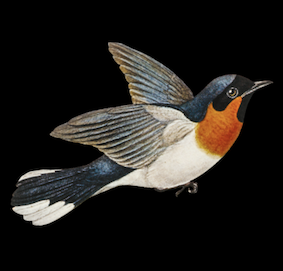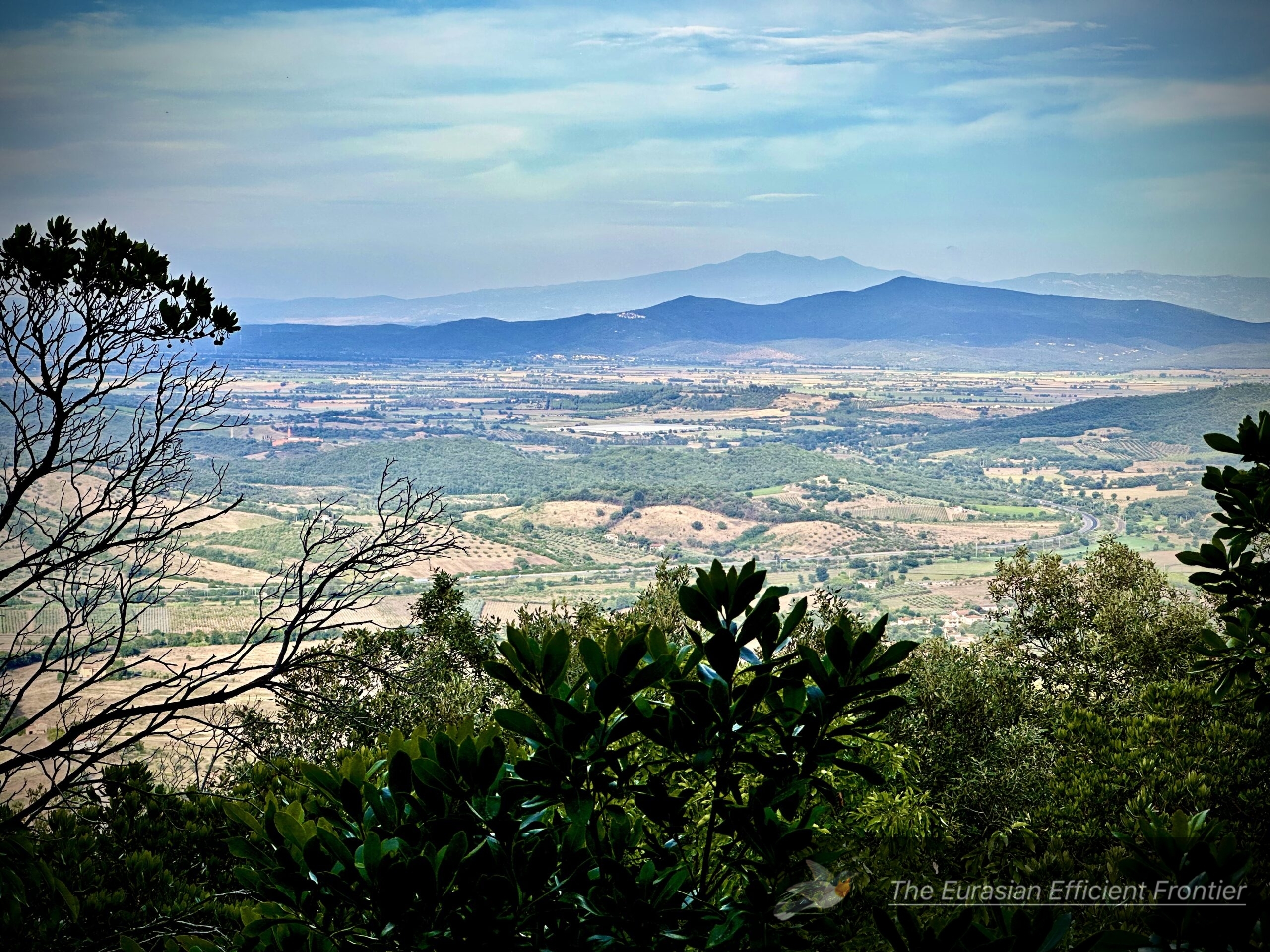I love mountains. I always loved them.
As a child I often spent time in the Alps with my parents.
Alps are the most important mountain range in Europe. This extensive mountain system is located in South-Central Europe. They extend for about 1,200 km across eight Alpine countries, namely Austria, France, Germany, Italy, Liechtenstein, Monaco, Slovenia and Switzerland.

Eastern and Western Alps offer very diverse environments.
Western Alps are much taller, and valleys are lower and deeper. Towering Peaks and glaciers often give life to overwhelming views. Valleys tend to be narrow and deep.
To give an example, Monte Bianco / Mont Blanc (4810 meters above sea level, shared by Italy and France), is faced on two valleys. On the French Side, Chamonix lays at around 1000 metres. On the Italian Side, Courmayeur lays at about 1200 metres. This means an elevation gain of about 3800 metres France-side, 3600 metres Italy-side. This is not much different from some Himalayan cases (especially in relatively less elevated areas, such as Yunnan, China). Having been in both places (only once in Yunnan, but I hope to repeat) I can confirm that the feeling can be quite similar.

Eastern Alps, on the other hand, tend to be lower (and this is clear also from the map above). Valleys tend to be larger and more elevated compared to sea level. The result is a much sweeter landscape, with lower elevation gains and much larger horizons. Mountain tops are much more accessible, and reaching them (by hiking or by cable cars) rise to jaw-dropping immense views.
Many areas in Eastern Alps look like a garden. Full of nature, but also welcoming and sweet. A sort of fairy-tale environment. One of the most famous mountain areas in the world, Dolomites, is here. I will talk about this area in another Post. On the other hand, Western Alps wilderness make you feel small and respectful towards those high and almost inaccessible peaks. You often feel overwhelmed by the landscape, and it can be a really nice feeling. You often feel inside an austere, tough but exciting adventure.
Having worked in Northern Italy for many years, I had the opportunity to explore Alps often. I also left some bones in the French part, but this is another story (and another Post).
In this Post we will focus on a wild area in Western Alps, near the border with France: Gran Paradiso National Park.
Gran Paradiso – National Park
Gran Paradiso National Park was the first national park to be established in Italy (1922). It includes a large territory of high mountains, from the 800 meters of the valley bottoms to the 4,061 meters of Gran Paradiso peak. Larch and fir woodlands, wide alpine grasslands, rocks, and glaciers make up an ideal setting for the life of a rich and various wildlife and for a visit leading to the discovery of the wonderful world of the high mountains.
This park is shared between Piedmont and Valle d’Aosta Italian Regions.
Italy has many mountains higher than 4000 meters above sea level. Gran Paradiso, however, is the only one completely owned by my country. The other ones (around 10), are shared with near countries (France and Switzerland, Western Alps).

June 21st, 2020 – Discovery
That day, exactly three years ago, was my first time in this area. It was the first summer’s day in 2020, after heavy Covid lockdowns in Europe.
I felt the need to explore, to taste life, not to waste it.
During a Saturday evening, I planned a trip for the next day. I left my apartment in Alessandria early in the morning and I drove for around 200 km to reach this place.
I was by myself, which was often the case when I went to the mountains. This is not a good habit, and sometimes I paid for it: once on French Alps I fell on ice and I broke several bones. I was alone. It was not a nice experience. However, if the alternative was a lonely boring small city weekend I often preferred to risk and explore a bit. Both in the summer to escape the plain humid heat and in the winter to escape its fog (and see it from above).
This time I discovered this wonderful place. I fell in love almost immediately, and I came back several times after. Both in winter with snowshoes and in later summer.

It was late June, the first day of summer. However, going up to Colle del Nivolet pass (around 2610 metres above sea level), snow was more and more abundant.
In the picture above you can see two lakes at around 2300 metres. Look at the road, repeatedly twisting left and right to climb up the steep mountains. Some points are very scary to drive even if you are quite experienced, I can guarantee. Almost no protections. Behind those snowy mountains lies France.

Late spring and early summer on mountains are wonderful. Flowers everywhere, strong colours full of life, water (especially in late summer, due to glaciers melting) and blue, blue sky almost burning your eyes.

Air is perfumed, of course. However, a thing that I always noticed is that in the Appennines air perfume is much stronger than in the Alps.
Appennines are the very long mountain range running along the whole Italian Peninsula, from the North (near Genoa) to the South (in Sicily). You can see a part of this range in the map above. They divide italian Eastern and Western Coasts. These mountains are lower than Alps (maximum height 2912 metres above sea level, Gran Sasso d’Italia – literally “The Big Rock of Italy”).
The feeling I always had is that here nature looks stronger in terms of plants, flowers and animals. Summer can be very dry in many areas. During winter, on the opposite, it snows a lot. It snows much more than in the Alps due to proximity with different seas, continuously bringing new humidity to the mountain tops. However, also warmer African air can reach them easily even during the winter, so snow usually melts fast too. On Alps, instead, a lower quantity of snowfall tends to last longer.
Hiking on the Alps or on the Appennines give very different feelings: the former gives a Central European vibe, in the second one you feel immersed in the Mediterranean area.
Part 2 – Frozen
In the Second Part of the Post we will explore higher areas. Frozen lakes at around 2800 metres above sea level, snow covered peaks and so on.
You can see me crossing a lake to reach a small island in the middle, throwing myself down a snow-hill to save some energy and so on.
See the Second Part here!






Leave a Reply